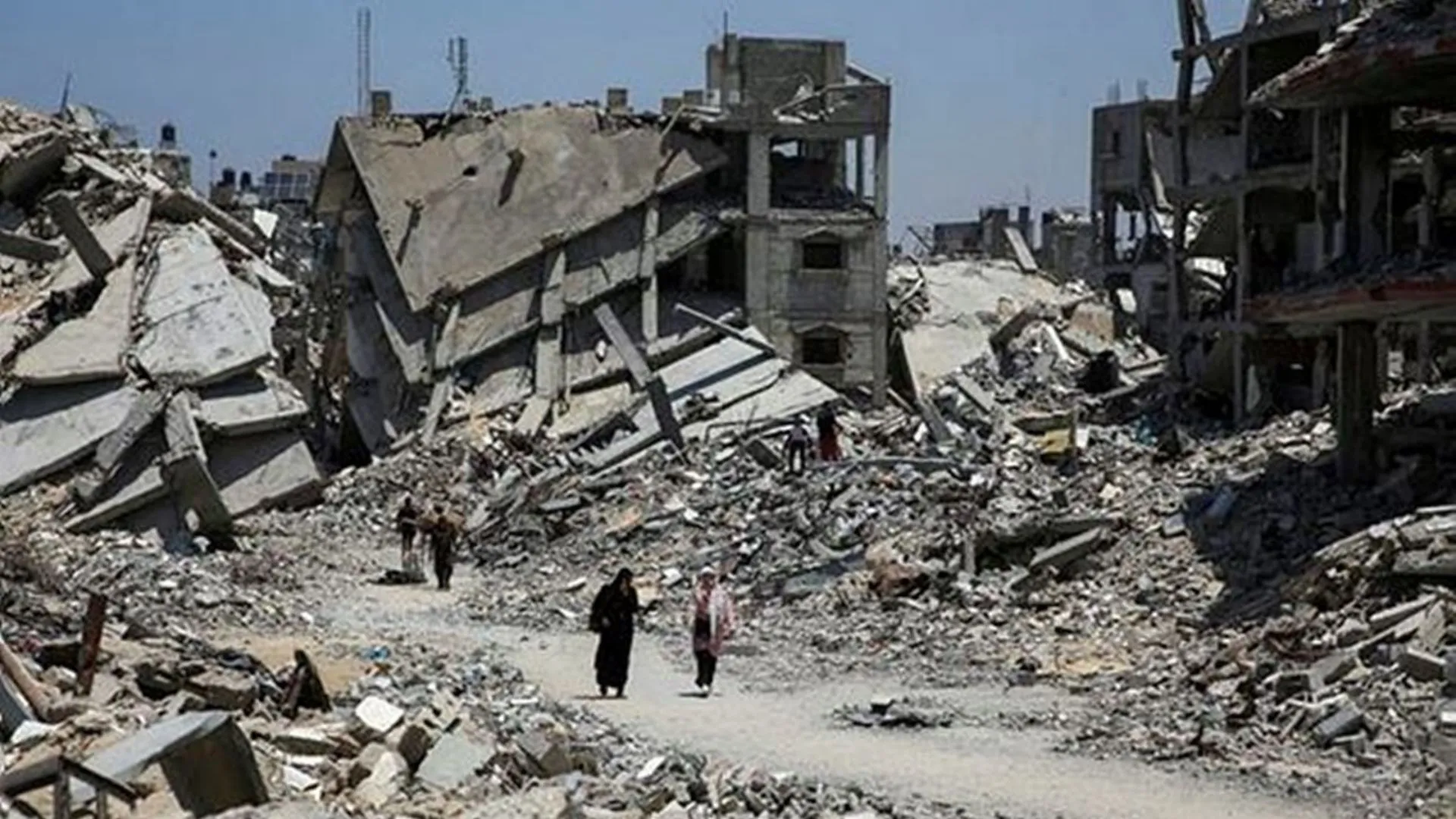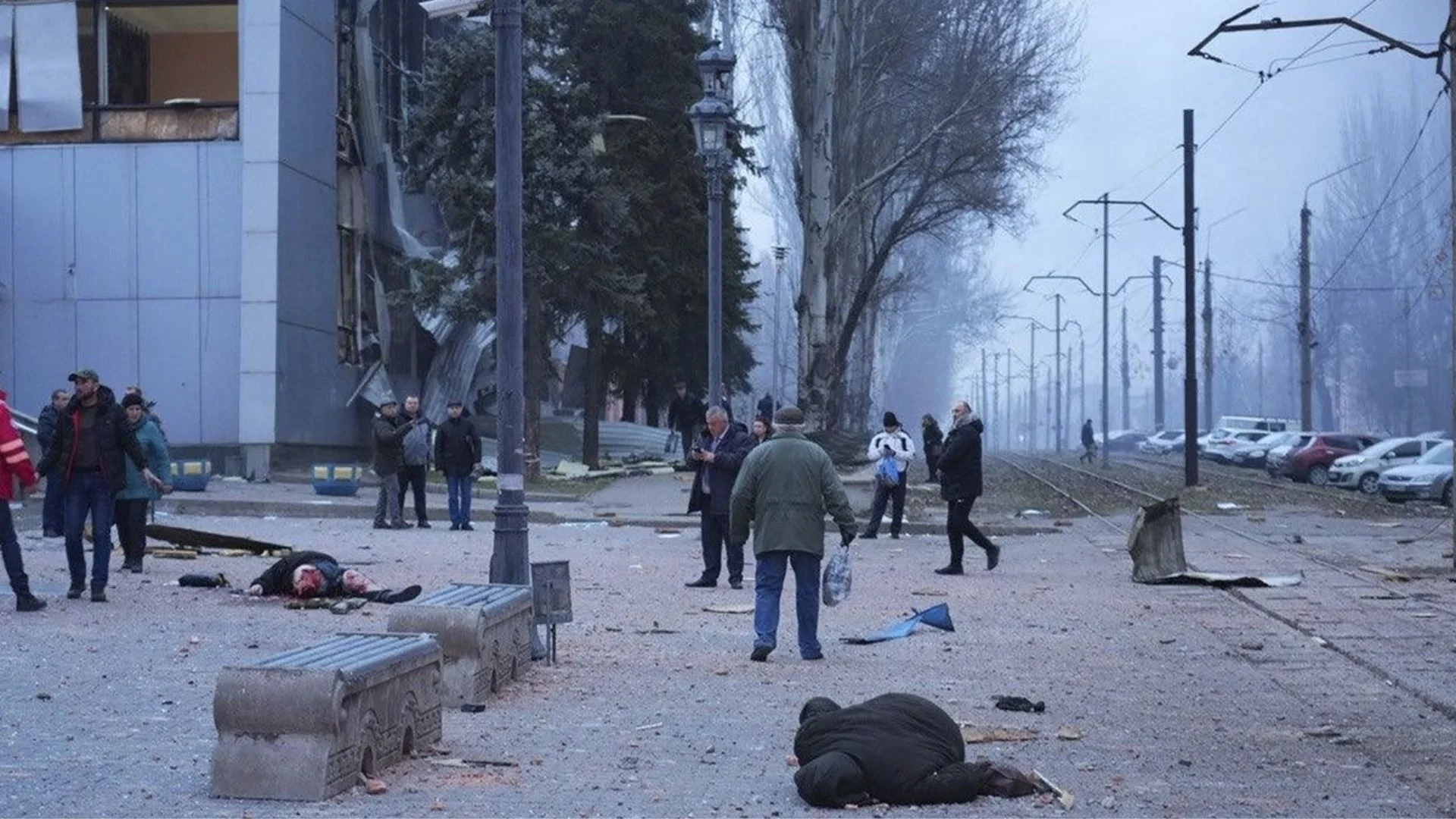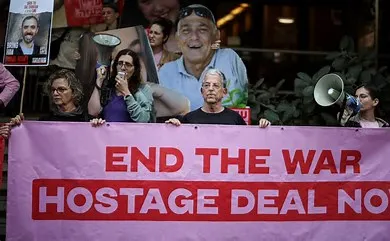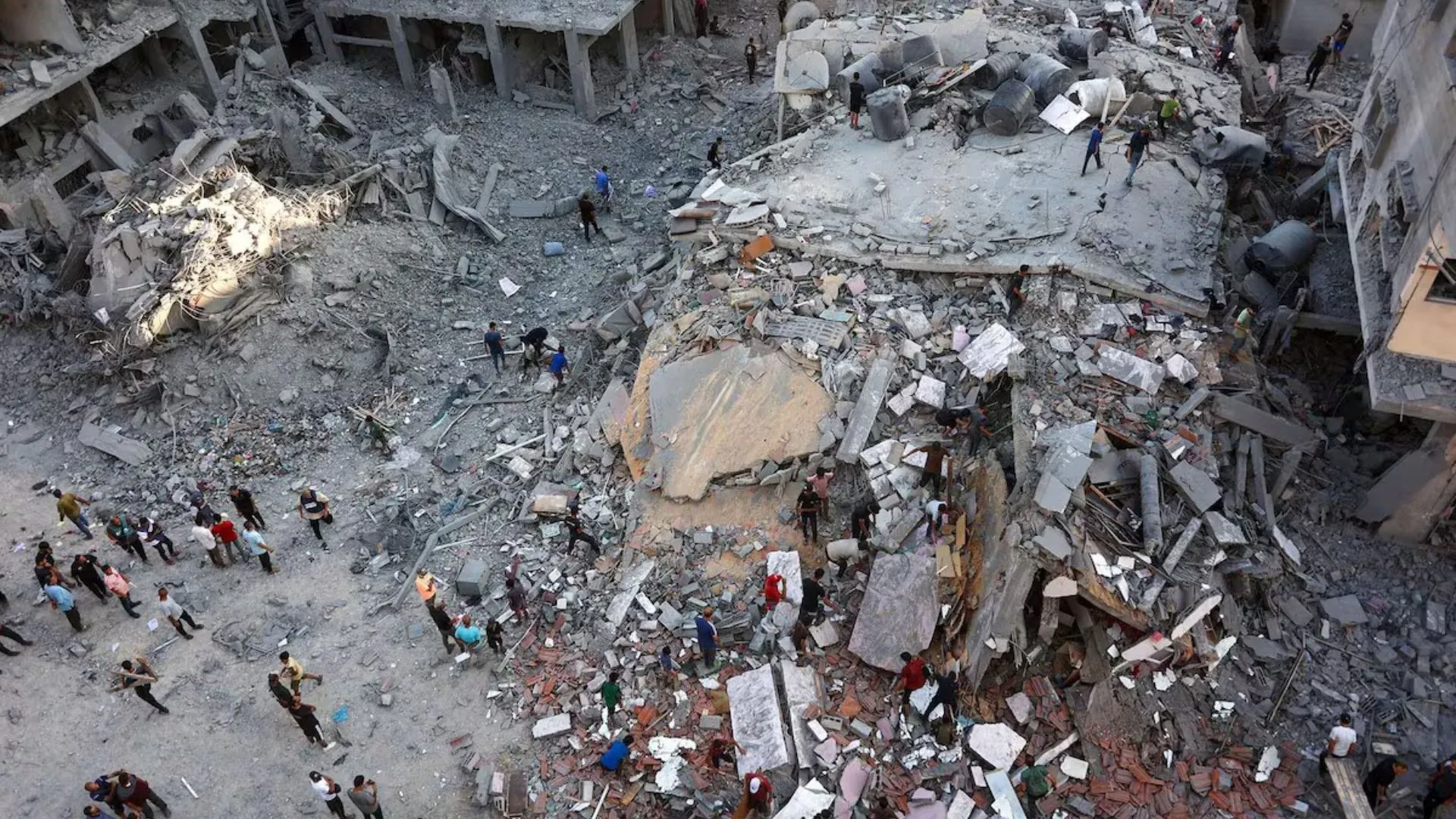A recent study published in *The Lancet* medical journal indicates that the death toll in Gaza during the initial nine months of the Israel-Hamas conflict was approximately 40% higher than the figures released by Gaza’s Health Ministry. Based on data from the health ministry, an online survey, and social media obituaries, the study estimates that between 55,298 and 78,525 individuals died from traumatic injuries by June 30, 2023. The study’s most accurate approximation is 64,260 fatalities, suggesting that the ministry significantly under-reported the casualties.
Initially, the official death toll in Gaza was stated as 37,877 by the health ministry; however, the study implies that the ministry’s figures overlooked numerous victims. Researchers noted that 59% of the deceased were women, children, and the elderly, but the estimation only takes into account those who died from traumatic injuries, excluding deaths caused by a lack of healthcare, food, or sanitation.
The study employed a statistical method known as “capture-recapture,” which integrates data from various sources to determine the actual toll. The three lists examined included those from the health ministry, an online survey, and obituaries shared on social media. Although there are some uncertainties in the data, the researchers uphold their estimate and stress that high mortality rates are already apparent in Gaza. While indirect deaths were omitted, the study’s authors have warned against placing too much emphasis on disputes regarding the exact death toll.
Lead study author Zeina Jamaluddine, an epidemiologist at the London School of Hygiene and Tropical Medicine, stated that while some may object to the findings, the study represents a vital attempt to gauge the magnitude of the tragedy. She criticized the fixation on debating death tolls and highlighted the genuine human cost of the conflict. “We already know that there is a lot of high mortality,” she expressed.























